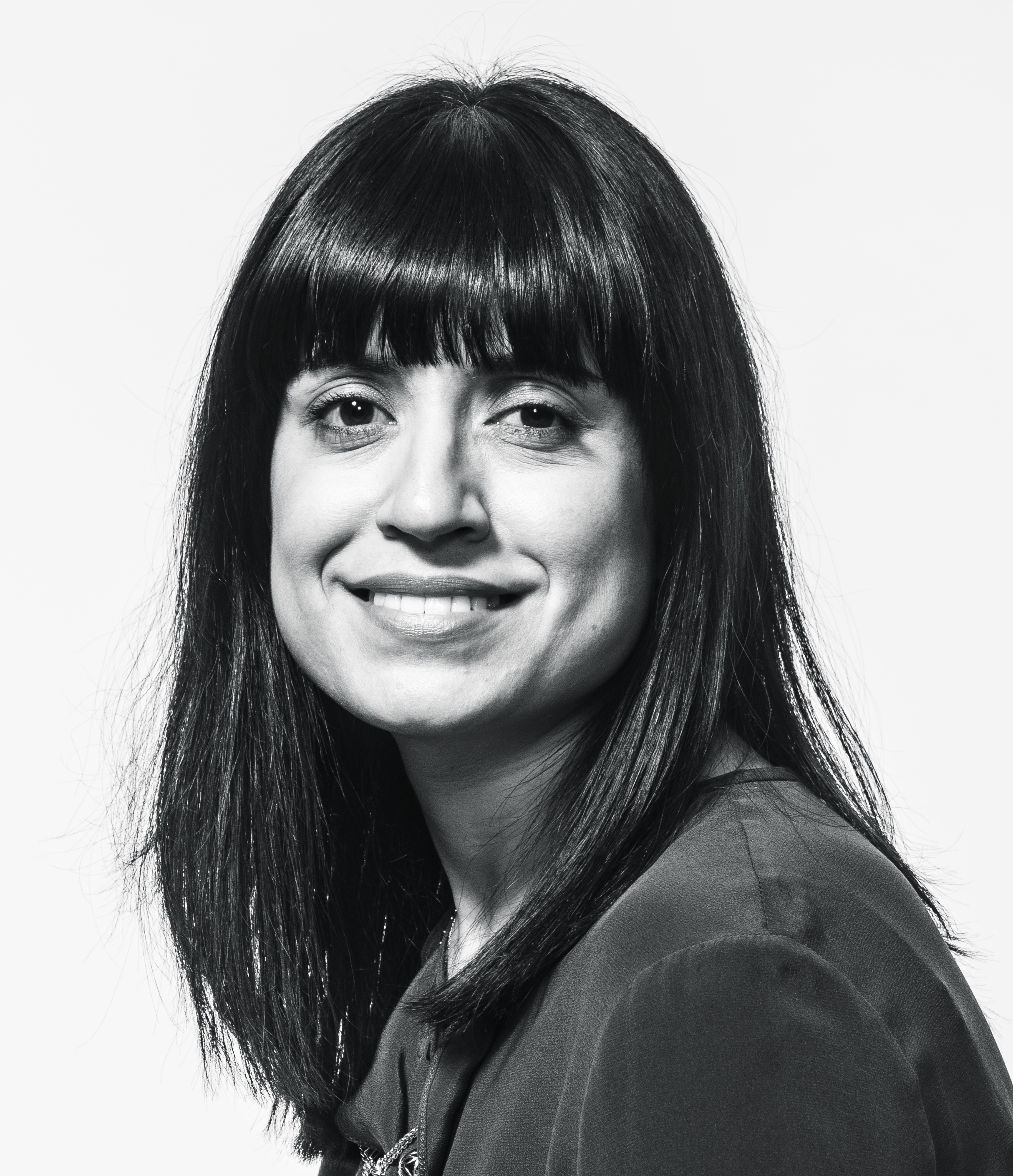Main Second Level Navigation
Nov 30, 2020
Learning and Unlearning
About Us, Cardiology, Clinical Immunology & Allergy, Clinical Pharmacology & Toxicology, Division of Dermatology, Emergency Medicine, Endocrinology & Metabolism, Gastroenterology & Hepatology, General Internal Medicine, Geriatric Medicine, Hematology, Infectious Diseases, Medical Oncology, Nephrology, Neurology, Occupational Medicine, Physical Medicine & Rehabilitation, Respirology, Rheumatology, Palliative Medicine


 A few years ago, on the advice of a colleague and mentor, I went to see a therapist. My father had just died after a sudden but agonizing illness and I found myself not knowing what to do with this behemoth called grief. There were times I was so distraught, I couldn’t breathe. It was as if I was repeatedly being pulled underwater, submerged under the density of my sadness, no matter how ferociously I swam to reach the surface to catch my breath.
A few years ago, on the advice of a colleague and mentor, I went to see a therapist. My father had just died after a sudden but agonizing illness and I found myself not knowing what to do with this behemoth called grief. There were times I was so distraught, I couldn’t breathe. It was as if I was repeatedly being pulled underwater, submerged under the density of my sadness, no matter how ferociously I swam to reach the surface to catch my breath. 